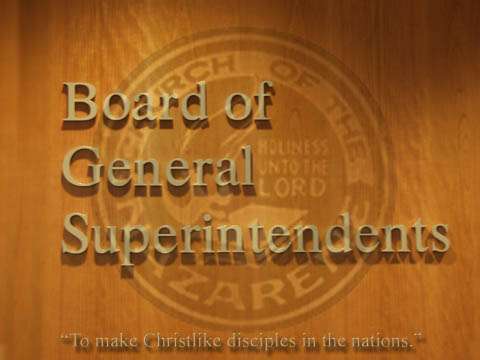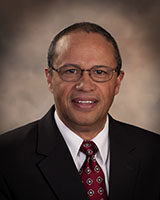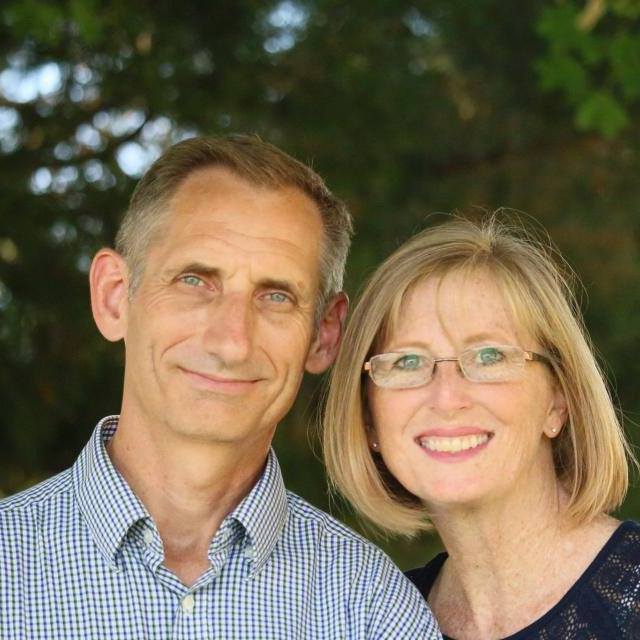By Eugénio R. Duarte
We are trained to acquire information because it is important that we are knowledgeable. There is much that we really do want to know. In all areas of our lives, knowledge energizes and motivates us to make changes that without it, we are not willing to make. Likewise, without diminishing the importance of the greater quests for knowledge, we refuse to neglect critical things, even if they require little effort to know, such as our accounts, contacts, and passwords.
We are also trained to determine what we really want to know, what we do not need to know, and what we do not want to know. We internalize what we really want to know; we avoid what we do not need to know. The things we do not want to know put us on alert and force selectivity (television, books, conversations) because this knowledge can be hurtful and because we constantly face the question of what to do with the information.
Would it also be important to answer the question of what to do about what we do not know?
In Matthew 6:7–8 (ESV) Jesus says, “And when you pray, do not heap up empty phrases as the Gentiles do, for they think that they will be heard for their many words. Do not be like them, for your Father KNOWS what you need before you ask him” (emphasis mine). Our approach to the need to know, as well as to the option of not knowing, speaks of our values, principles, character, and mission.
Writing to a church that was facing so many unknowns, the apostle Paul speaks about what to do with the things we know as well as those we do not know:
“For WE KNOW that the whole creation has been groaning together in the pains of childbirth until now. And not only the creation, but we ourselves, who have the first fruits of the Spirit, groan inwardly as we wait eagerly for adoption as sons, the redemption of our bodies. For in this hope we were saved. Now hope that is seen is not hope. For who hopes for what he sees? But if we hope for what we do not see, we wait for it with patience. Likewise the Spirit helps us in our weakness. For WE DO NOT KNOW WHAT TO PRAY FOR as we ought, but the Spirit himself intercedes for us with groanings too deep for words. And HE WHO SEARCHES HEARTS KNOWS what is the mind of the Spirit, because the Spirit intercedes for the saints according to the will of God” (Romans 8:22–27, emphases mine).
He knows.
Will we trust our “knowns” as well as our “unknowns” to the One who knows?





